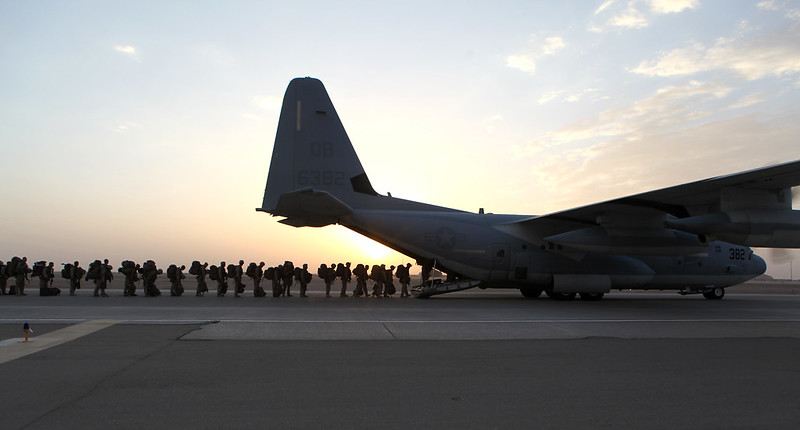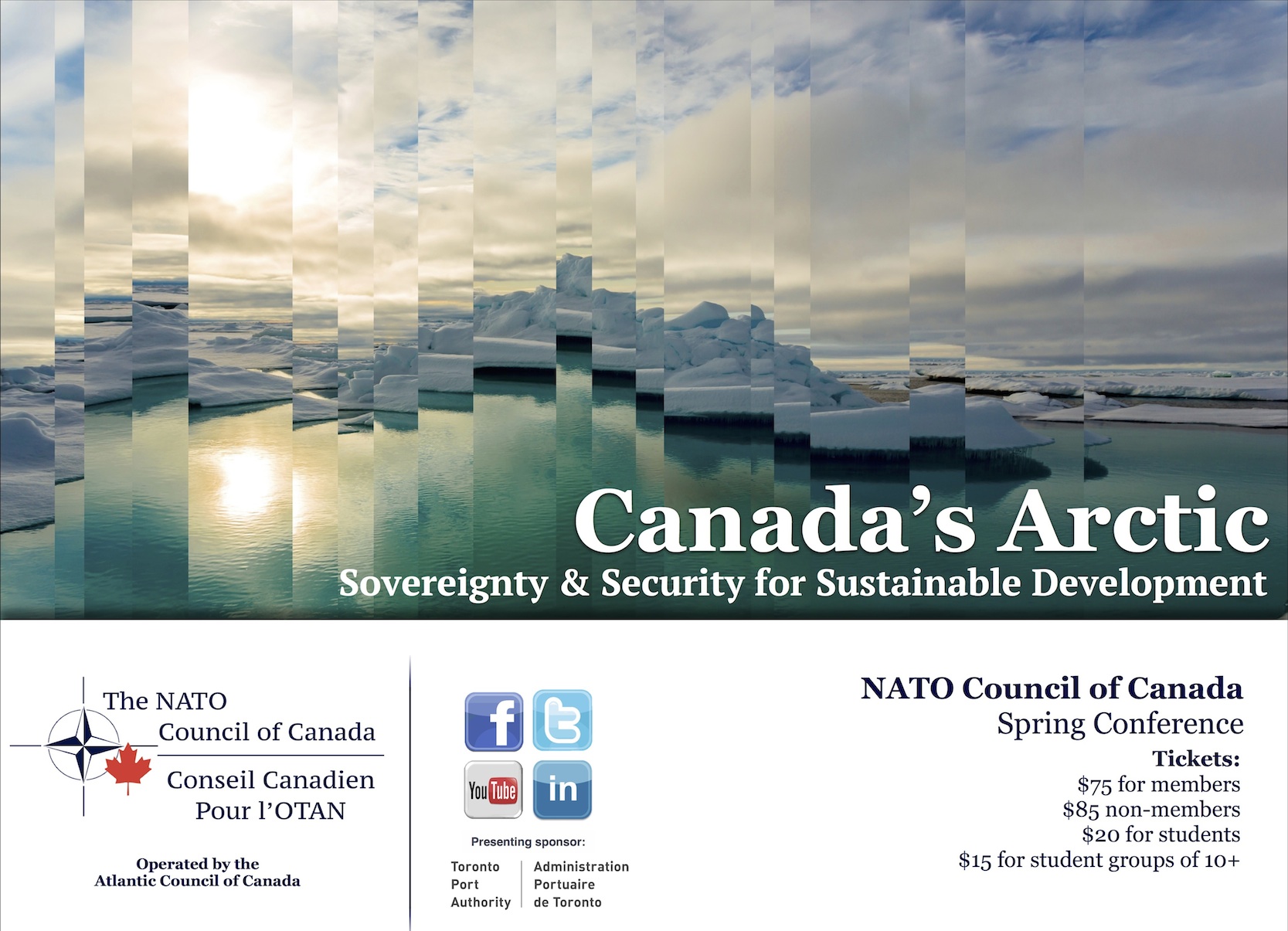In the early hours of March 25th of this year, hundreds gathered to worship at a Sikh temple in Kabul, Afghanistan. During the religious ceremony, men in police uniforms stormed the temple and began releasing grenades and opening fire on the worshippers. An hours-long standoff ensued between security forces and the attackers while hostages remained captive inside the building. Culminating in authorities descending on the gunmen, the siege left 25 dead and several wounded.
The Islamic State (IS) has since claimed responsibility for the attack in Afghanistan and several others since the outbreak of COVID-19. Although the US-backed Syrian Democratic Forces officially brought about the demise of IS’s so-called caliphate over a year ago when capturing the Syrian town of Baghouz, the group’s activity has recently been on the rise. From 2018 to 2019, the number of attacks carried out by IS in Iraq alone increased from 1,470 to 1,699, and, in the first quarter of 2020, the group executed 566 attacks in the country. Comparing the number of attacks in the first quarters of 2019 and 2020 reveals a single-year increase of 94 percent. IS has begun to employ more evolved tactics in Iraq. No longer solely relying on kidnappings or drive-by shootings, the group now regularly conducts night assaults and suicide bombings. These attacks have also seen IS fighters mobilizing in greater numbers, potentially evidencing the group’s awareness of Iraq’s security deficiencies.
COVID-19 has done little to curb the operations of IS. In late March, the Secretary-General of the United Nations, António Guterres, called for a global ceasefire; he urged belligerents to put aside conflicts in order to concentrate efforts on fighting the pandemic. Unfortunately, the Secretary-General’s plea for peace went unheeded by IS. Instead, the group is aiming to rebuild its regional influence by exploiting the security weaknesses exposed by the novel coronavirus. These intentions were made clear in a March edition of the al-Nada (the group’s weekly magazine), where IS followers were encouraged to “escalate their military operations against [the West’s] apostate helpers in Muslim countries” while counter-terrorist movements remain destabilized.
In Syria, IS’s resurgence campaign has been most visible in the country’s desert region called the Badia. From April 9th to 10th, IS initiated sophisticated assaults on pro-Assad forces in the town of al-Sukhna. Culminating in a two-day Russian airstrike, Syrian loyalists eventually repulsed the attacks, but at the cost of the lives of over 30 pro-regime fighters. Nearly a month later, on May 1, the Badia region suffered another strike when IS insurgents ambushed a bus travelling along a major highway, resulting in the deaths of seven Syrian troops.
It would be an exaggeration to conclude that the pandemic alone has caused the recent upswing in IS activity. However, the virus has no doubt exacerbated existing security challenges. Before COVID-19, heightened Iran-US tensions undermined the US-led coalition’s training and military support for Iraqi security forces. After the US assassination of General Qassem Soleimani, on January 3, the Iraqi government voted on the expulsion of foreign troops from the country. While the decree has yet to go into effect, the killing of Soleimani prompted a temporary suspension of US operations as well as NATO’s Canadian-led mission in Iraq. Security gaps then widened further with the advent of COVID-19. On March 19th, NATO paused its military training program in Iraq, and the US proceeded to withdraw troops from the country. Members of the Global Coalition to Defeat ISIS soon followed suit, with countries such as France and the UK commencing processes of disengagement. As the pandemic pushes the Iraqi economy into recession, without multilateral aid, the nation will certainly face challenges in mounting an effective counterinsurgency campaign.
Although NATO has temporarily paused some of its counter-terrorism operations, while unveiling NATO 2030 (a plan that details the orientation of the organization over the next decade), Secretary-General Jens Stoltenberg clarified that, in the upcoming years, he anticipates NATO will assume a more significant role as a training alliance. An expansion of NATO’s mission in Iraq was among the Secretary-General’s statements. Highlighting the importance of this initiative during a recent press conference, the Secretary-General urged listeners to consider security risks beyond COVID-19. The Secretary-General’s remarks on IS served as a sobering reminder that COVID-19 has compounded existing threats to global security.
Recent terrorist operations might be indicative of IS’s recovery. However, the group is far from regaining its former prowess. At the height of its influence, in 2014, IS occupied 40 percent of Iraq and a third of Syria. Altogether, the land under IS’s control was roughly the size of Britain. By December of 2017, as a result of the combined efforts of counter-terrorist forces, the group had lost around 95 percent of its territory. Still, it is more critical than ever that allied security forces remain committed in their fight against IS, so that COVID-19 does not result in the revival of international terrorism.
Featured Image: “Marines complete operations in Afghanistan, depart Helmand province” (2014), by DVIDSHUB via Flickr (CC BY 2.0).
Disclaimer: Any views or opinions expressed in articles are solely those of the authors and do not necessarily represent the views of the NATO Association of Canada.




